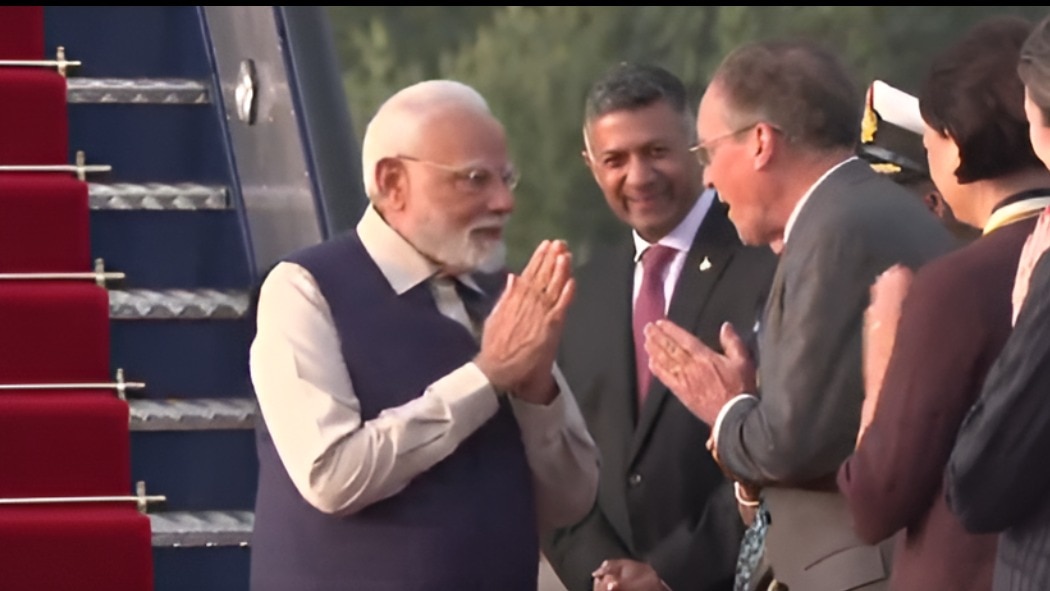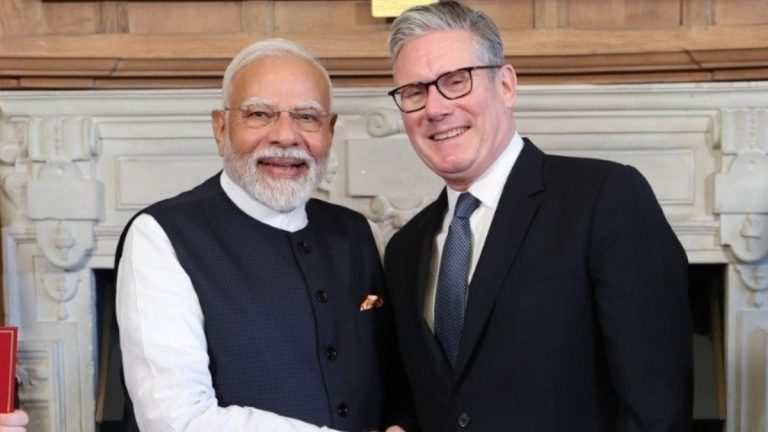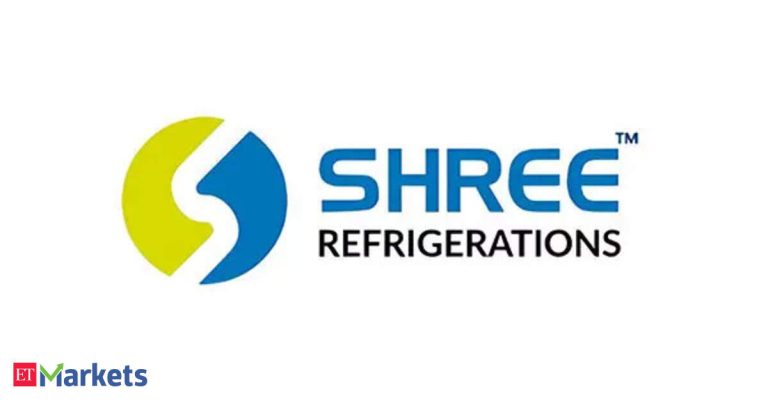Prime Minister Narendra Modi is in the UK to finalize a historic India-UK Free Trade Agreement, a sweeping deal set to double bilateral trade and reshape market access across goods, services, and digital commerce.
The agreement, hailed as a landmark moment in India-UK relations, will see immediate tariff slashes on 99% of Indian exports to the UK. Sectors like textiles, gems and jewellery, auto components, footwear, and machinery will now enjoy zero-duty access to British markets.
In return, India will ease tariffs on 90% of UK exports. This includes aggressive cuts on whisky, gin, premium cars, pharmaceuticals, chocolates, and advanced machinery. Tariffs on Scotch whisky and gin will fall from 150% to 75% immediately, sliding to 40% over a decade. Import duties on British cars will drop from over 100% to just 10% under a new quota mechanism.
The deal is projected to double bilateral trade from $60 billion to $120 billion by 2030, potentially generating £25.5 billion in annual gains. Indian manufacturers and exporters are expected to see a major boost, with competitive access to the UK in sectors like apparel, leather goods, marine exports, and engineering.
Services are central to the FTA. The pact liberalizes market entry for Indian IT, financial services, education, architecture, and consulting firms, while the UK gains guaranteed access in key Indian service segments. Visa rules for professionals—such as yoga instructors, chefs, and musicians—will be simplified.
Crucially, Indian professionals posted in the UK will now be exempt from social security payments for up to three years—a move that could save thousands of pounds annually per worker.
Support for SMEs includes streamlined customs clearance within 48 hours and digital paperwork. The deal also protects cross-border digital trade with bans on e-commerce duties, recognition of electronic contracts, and safeguards for data flow.
Both countries agreed to tackle non-tariff barriers through faster dispute resolution and simpler compliance procedures.
The agreement is expected to be ratified by the UK Parliament following India’s federal cabinet approval in July. Implementation is likely within 9–15 months.
India has shielded sensitive sectors like diesel vehicles, certain electronics, and diamonds from tariff cuts, balancing openness with protection of domestic industries.








